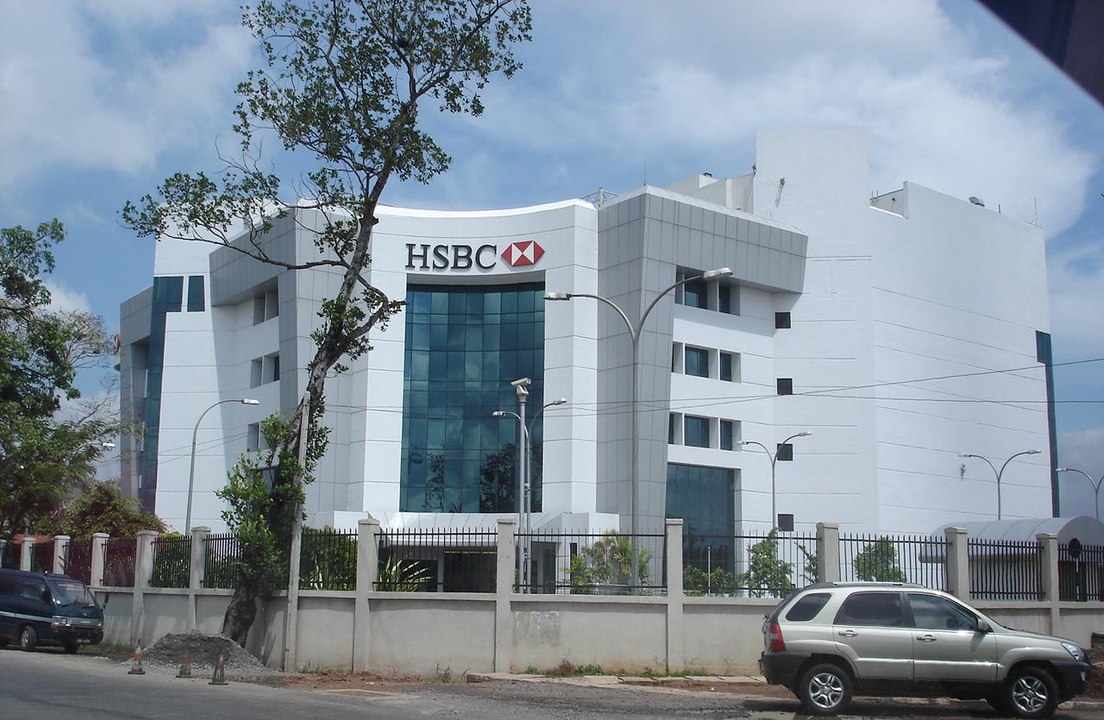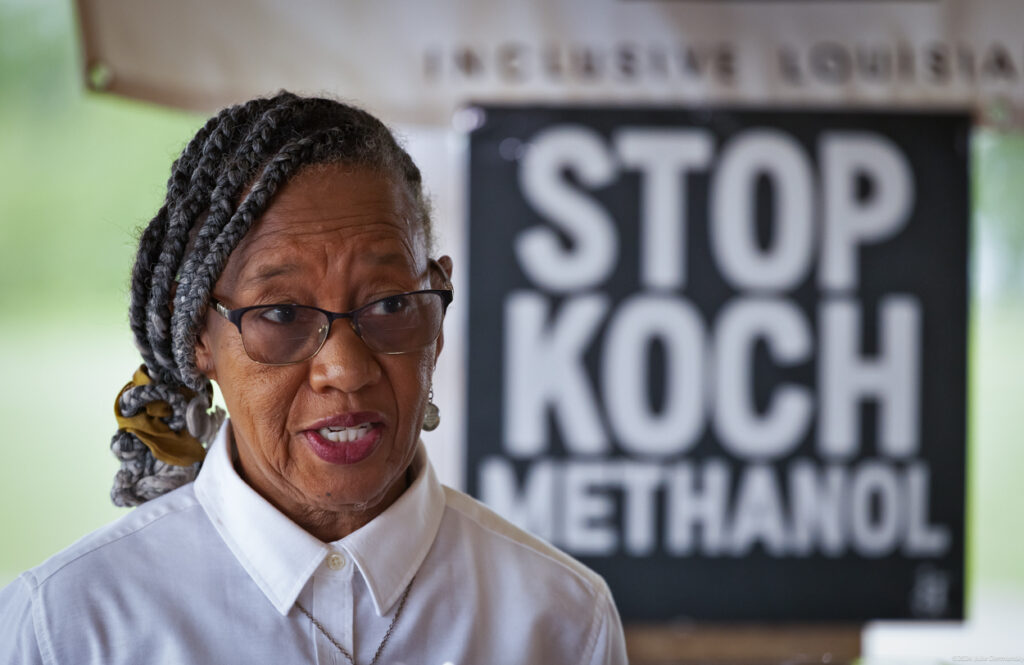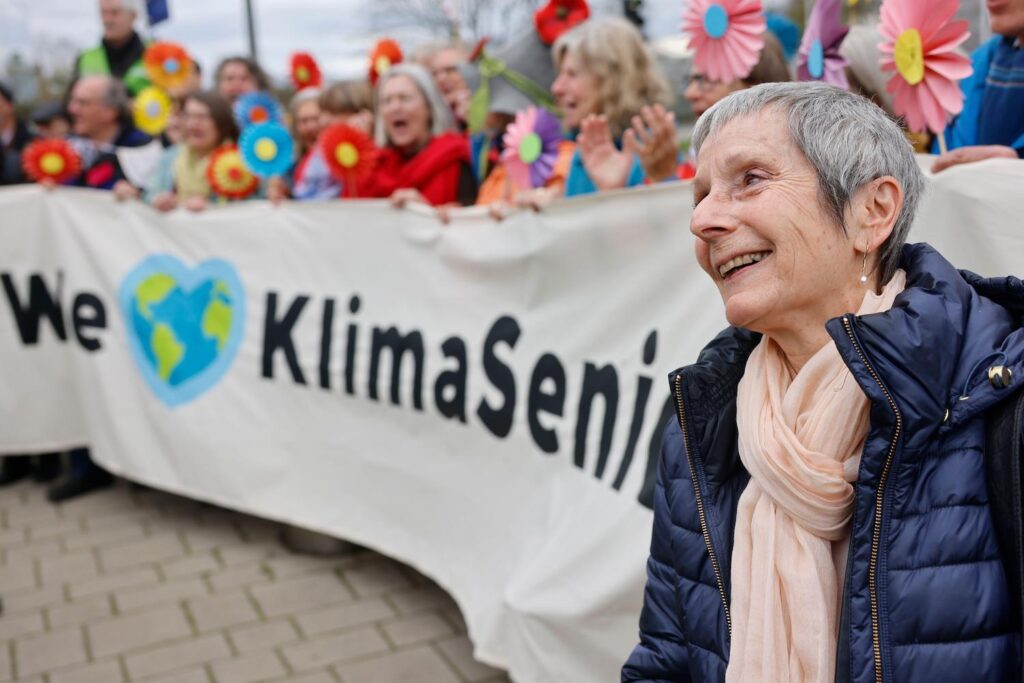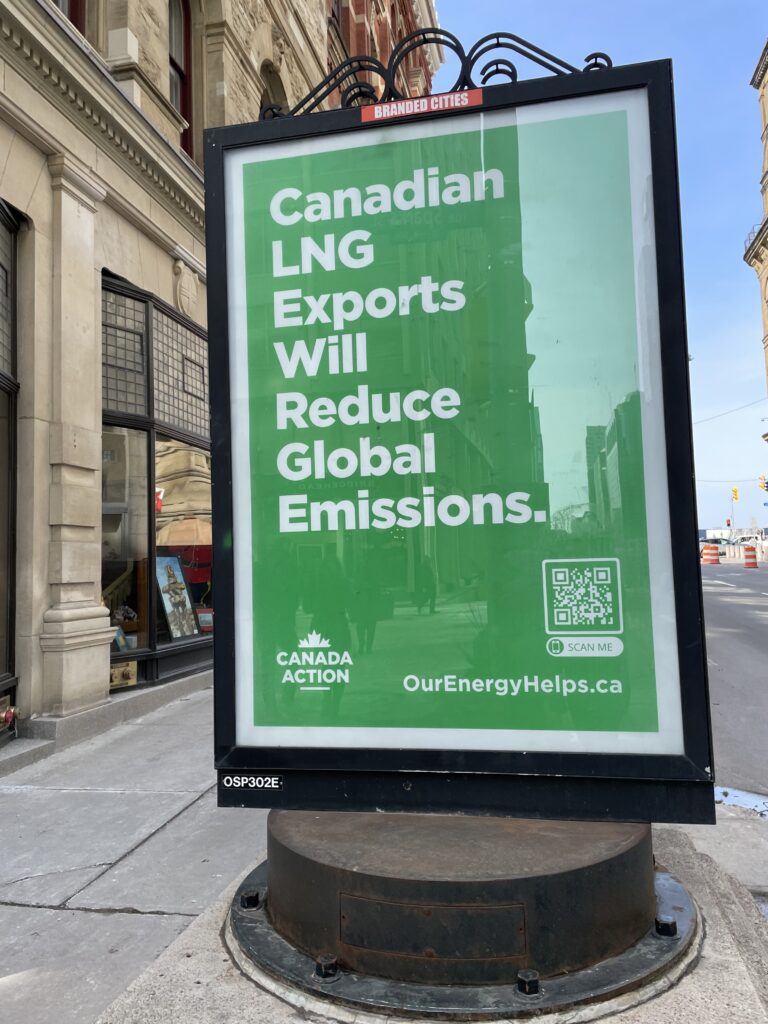A top banking prize awarded to “the world’s worst financier of climate chaos” has prompted major backlash from campaigners.
More than 20 international environmental groups are demanding a retraction after business magazine Euromoney handed its “best bank in the world” gong to JPMorgan Chase and “best bank for sustainable finance” to HSBC.
In an open letter published on Wednesday, signatories including campaign groups 350.org and Amazon Watch said the choice of winners was “shameful”.
Like what you’re reading? Support DeSmog by becoming a patron today!
‘Worst bank in the world’
“JPMorgan Chase is the world’s number 1 banker of fossil fuel expansion, the number 1 banker of fracking, the number 1 banker of Arctic oil and gas, and the number 1 banker of offshore oil and gas,” activists wrote, citing findings from the 2020 Banking on Climate Change report.
“On top of all that, the bank is the worst American banker of coal mining and tar sands oil. It wins the award for being the worst bank in the world to drive climate change. This is the only top spot they should be awarded,” they added.
The letter, published on financial campaign website Fund Our Future, also claims that JPMorgan had spent over a quarter of a trillion dollars ($269 billion) in financing fossil fuels since the 2015 Paris Agreement, while HSBC had shelled out $27 billion.
In the report, HSBC is also listed as the 12th worst banker of climate destruction, and one of the top financiers driving deforestation in the Amazon. The letter continues: “If a bank provides the financial lifeblood to the most polluting industries on the planet, they shouldn’t be awarded the most sustainable bank of the year, it is as simple as that.”
A ‘resilient planet’
On its website, Euromoney said HSBC had won the award for its “commitment to developing partnerships and products that will bring finance at a scale to create a more sustainable and resilient planet”.
But Robert Noyes of signatory Platform London said it was “laughable” the bank should be given such recognition.
“Awards like this are an insult to any people at the sharp end of the fossil fuel industry’s ongoing colonial violence, which banks like HSBC profiteer from,” he told DeSmog.
“For people in Cabo Delgado in Northern Mozambique, this looks like entire communities being forcibly removed from their homes to make way for LNG [Liquified Natural Gas] projects, part-funded by HSBC. For some indigenous communities in Canada and the US, it looks like pipelines being installed on their land, violating human rights on top of wrecking natural resources,” he said. “Are these the practices that reflect HSBC ‘standing out in its drive’ to ‘move societies away from harmful environmental practices?’”
Euromoney’s regional and country awards were published on 15 July, before JPMorgan was crowned winner in the Global Awards last Thursday.
JPMorgan’s award was given for its financial resilience in light of COVID-19, Euromoney said. “It is strongly capitalized, has deep liquidity reserves, unrivalled management and has shown an ability to go the extra mile for both small and large businesses through the crisis,” the website reads.
In May this year, JPMorgan dismissed calls from shareholders to disclose its full emissions, claiming it provides “transparent disclosure of our approach to and performance on environmental, social, and governance (ESG) topics through multiple channels” and “supports public sector leadership to drive carbon emissions reductions on a global scale.”
Ruth Breech of Rainforest Action Network said the decision to reward the bank was “dangerously out of touch”.
As well as a retraction of the awards, signatories have demanded Euromoney publish the letter on their website and “re-do” their methodology for next year.
The awards were established in 1992 as “the first of their kind in the global banking industry”, and claim to be “the awards that matter to the banks and bankers who matter”.
HSBC said in a statement it was “strongly committed to playing our part in the transition to a low carbon economy and is an acknowledged market leader in sustainable finance.”
“HSBC recognises the role of the financial sector to address climate change which is why we have progressively tightened policies governing agricultural commodities, forestry, energy and mining.
“HSBC sold its Brazilian operations in 2015 and has no direct business relationship with companies contributing to oil drilling in the Amazon. HSBC does not finance new coal mines, does not support companies that are materially dependent on coal mining and we have not provided project financing to new coal fired power plants since the release of our revised energy policy in 2018,“ it added.
JPMorgan declined to comment. Euromoney has been approached.
Updated 18/09/2020 to include response from HSBC.
Image credit: Cheqbo/Wikimedia Commons CC BY–SA 3.0
Subscribe to our newsletter
Stay up to date with DeSmog news and alerts






